Today, the Bulgarian National Radio’s foreign language service Radio Bulgaria “speaks” 11 languages. Through the years, languages have been added, others have been dropped – something that happened to the Polish-language programmes. They were aired by Radio Sofia, as the Bulgarian National Radio was called then, and by Radio Varna channel in the seaside city of the same name, but today they are rarely made mention of in the history of the BNR.
We were contacted by ham operator Jarosław Jedrzejczak from Poland who helped us pick up the missing information, putting an enormous amount of effort into tracing the history of the undeservedly forgotten programmes in Polish.
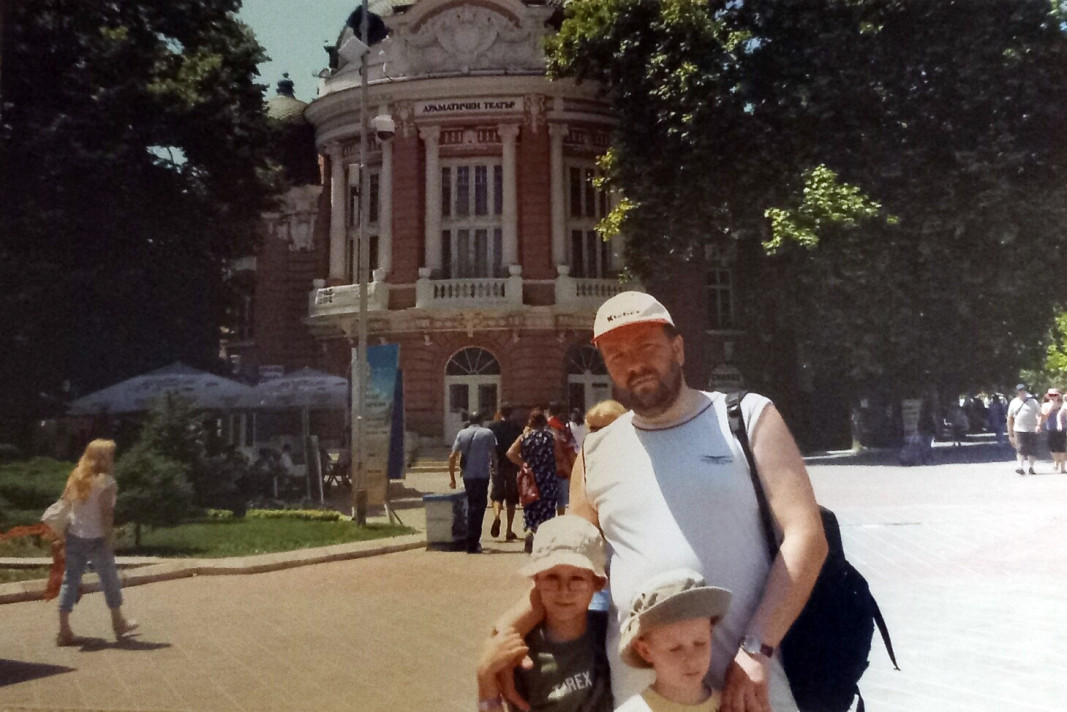

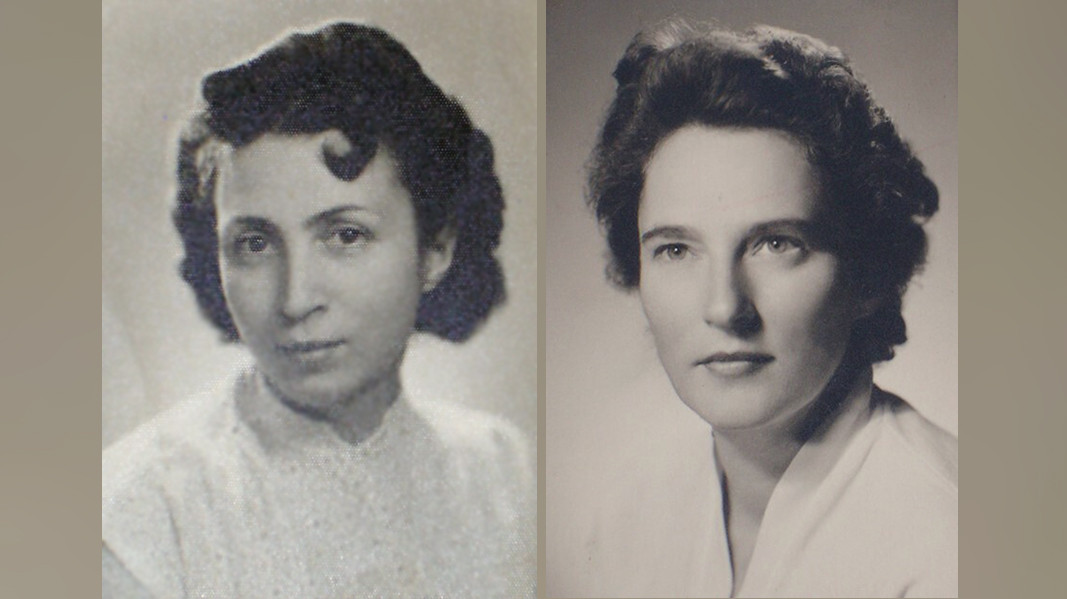
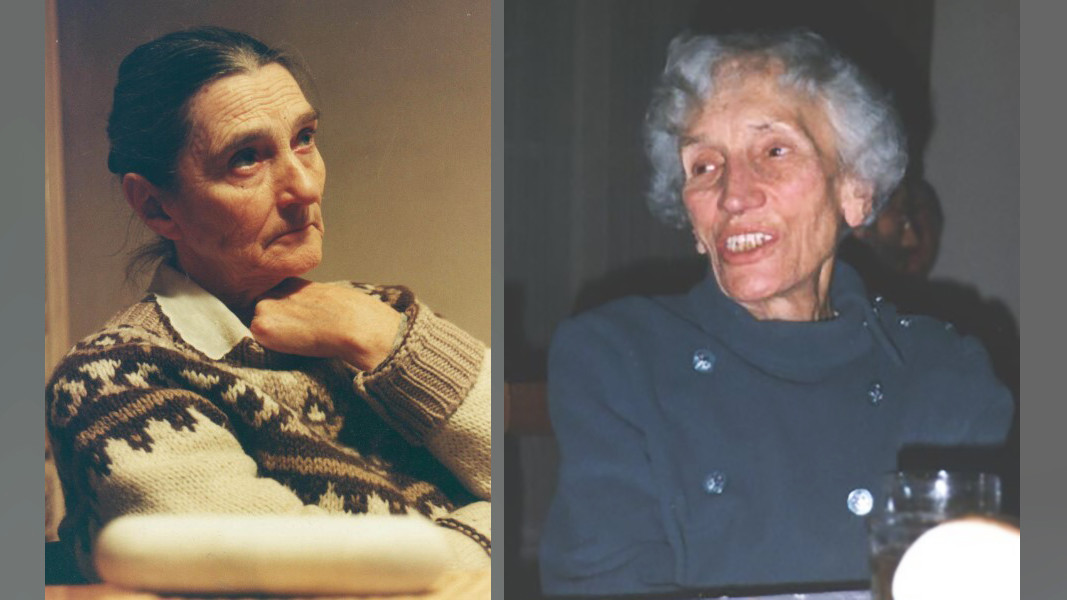

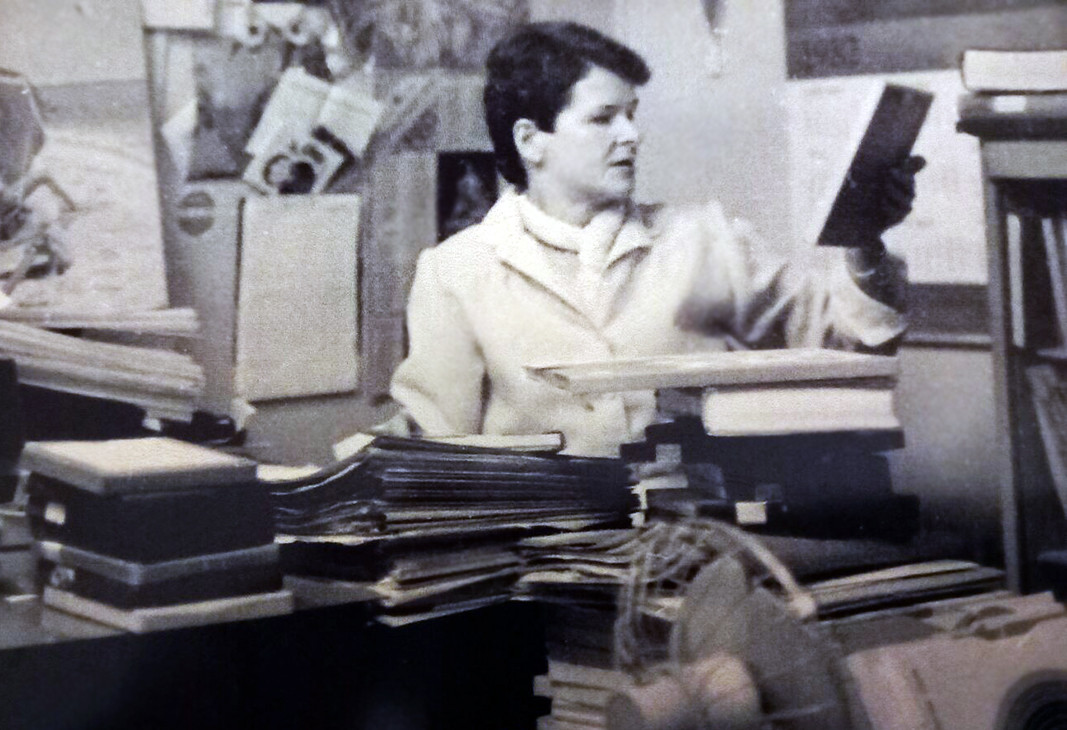
The Polish language has not been on the air in Bulgaria for many years. The BNR’s archives in Sofia and in Varna have preserved no recordings of the period when the two Polish-language sections were operational. 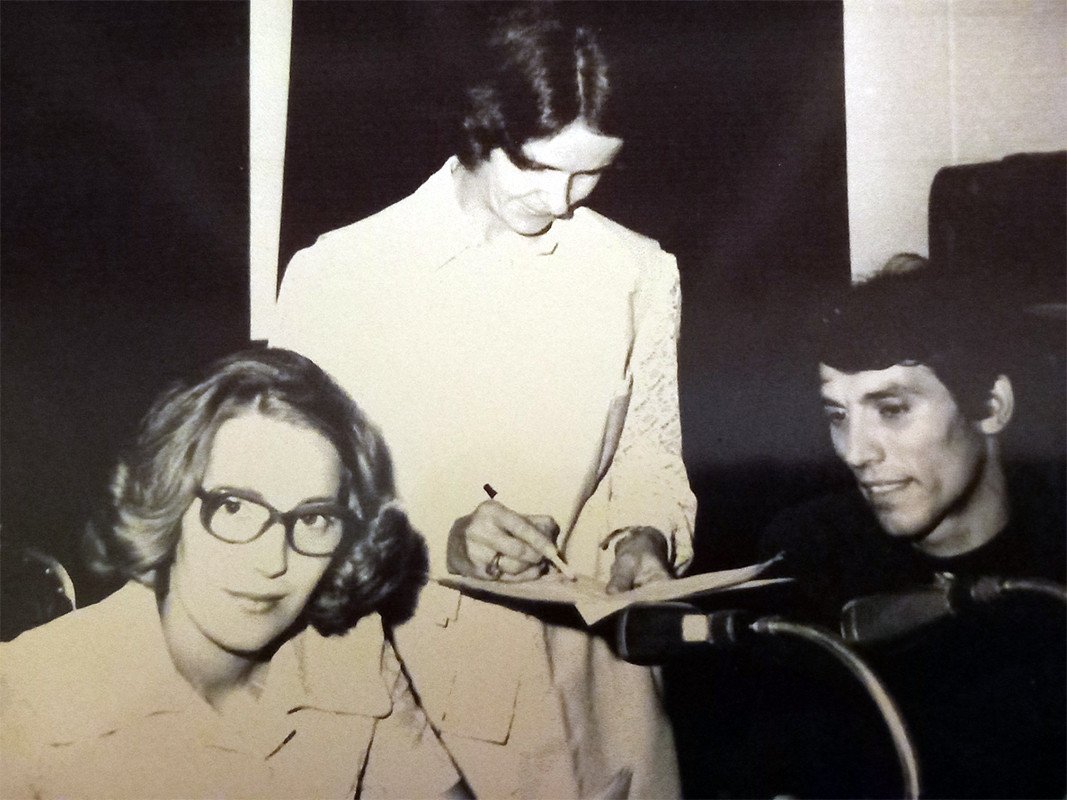
“I am pleased to say that I have, to some extent, been able to save a fragment of the history of Polish-Bulgarian radio from oblivion. My study “Polish words on Bulgaria’s airwaves” has not been published yet,” Jarosław Jedrzejczak says. “And I believe your listeners and readers could help fill in the blank spaces, and add something to this history.”

On 16 February Radio Bulgaria is marking its anniversary. So, we shall end our story on an optimistic note. How is Radio Bulgaria developing and is it still of interest to its readers and listeners?
“Today Radio Bulgaria is very different,” Jarosław Jedrzejczak answers. “Today we have the internet. There is no interference, we can read and listen to Radio Bulgaria any time we like. I believe you have fully adapted to the requirements of the modern world, I also believe that the development of outlets like radio is going in the right direction. And on your anniversary I would like to wish you lots of gratifying contacts with the users of the fruits of your labours.”
Translated and posted by Milena Daynova
Archive photos courtesy of Jarosław Jedrzejczak
With a scent of spring and anticipation of the great Resurrection of Christ, Palm Sunday is among the most beloved holidays in Bulgaria. From early morning, people fill the churches and share their joy through prayer at the festive..
The day of Saint Theodore known in Bulgarian as Todorovden is a significant Bulgarian holiday, which is celebrated on the Saturday after Cheesefare Sunday - this year its date is March 8. Todorovden combines pagan beliefs and Orthodox canon..
On February 16, Radio Bulgaria celebrates its 89th anniversary . Throughout these years, our multilingual media has been not only a channel of information, but also an invaluable link with our audience around the world. Today, Radio Bulgaria offers rich..

+359 2 9336 661
